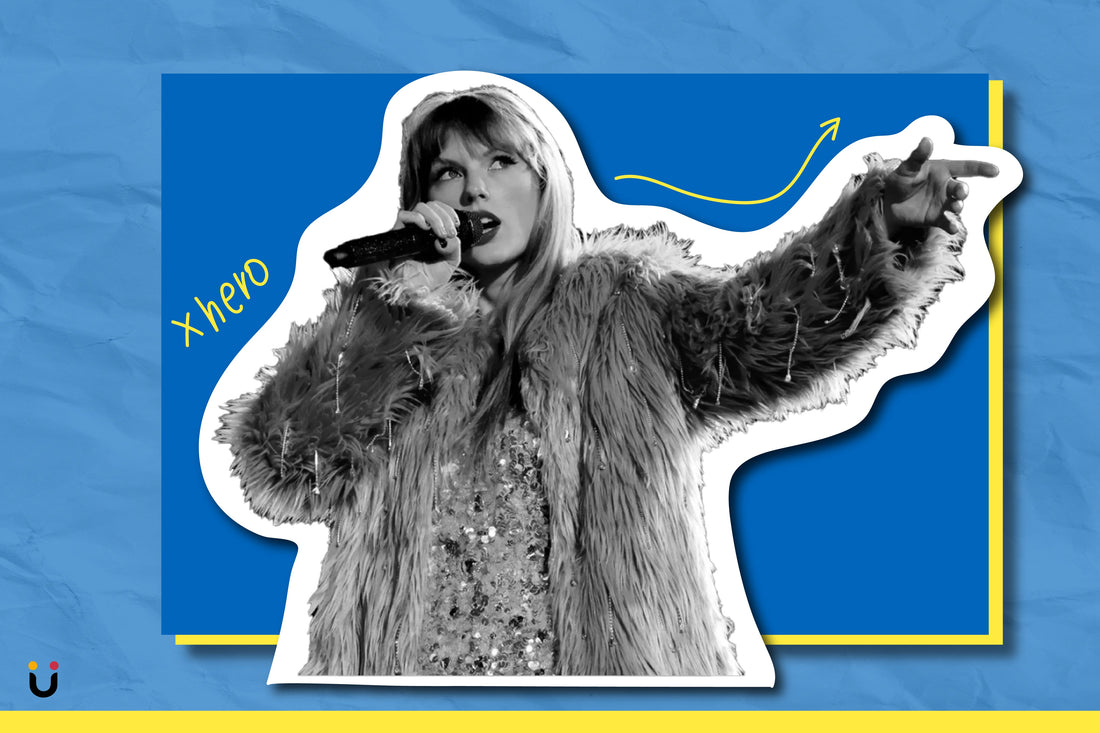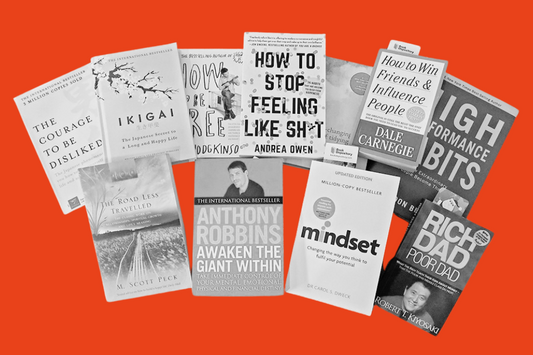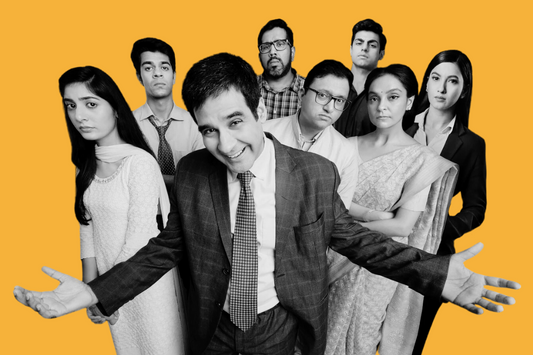
Why ‘Covert Narcissism’ Is More Than A Taylor Swift Lyric |A Therapist Gives You All The Insider Information|
Share
‘Did you hear my covert narcissism, I disguise it as altruism
Like some kind of Congressman?’
If these lyrics sound familiar to you, then you’ve probably heard memorised ‘Anti-Hero’ by Taylor Swift. Now, if we look beyond the catchy lyrics, there is an interesting concept she is addressing without overly addressing it - apologies in advance for the incoming bad pun but one could say she is being covert about it.
I think when we think of narcissism, we always associate it with aggressiveness, grandiose and anger - why - because that is how social media portrays it (and so does cinema)! But is there just one form of narcissism out there?
Not at all. There is one really popular form of narcissism that everyone talks about (i.e. Overt Narcissism) and then there are four that most people don’t know about. In fact, there is an aspect of narcissism which is difficult to spot but is even more prevalent than overt narcissism.
That is Covert Narcissism.
Also known as vulnerable narcissism, covert narcissism is a personality disorder characterised by an inflated sense of self-importance, a deep need for admiration, and a lack of empathy for others. However, unlike traditional narcissists who are often outwardly arrogant and boastful, covert narcissists display a more shy, withdrawn, and self-deprecating demeanour as compared to their peers. So why does it go unnoticed or fly under the radar? Aren’t these telltale signs easy enough to spot?
On the contrary, there’s a lot of normalising when it comes to this behaviour because, for one, it’s not as overtly destructive to everyone as overt narcissism. I know I throw the media under the bus a lot, but unfortunately, they do tend to romanticise this behaviour more often than they should (which is never). In a collectivistic culture like ours, we are taught right from when we are toddlers that we must think of others, and thinking about ourselves and/or seeing ourselves as individuals is possibly the biggest crime we can ever commit.
If you are brown, by default, you are born into the chaos of family and cinema. They are both equally problematic as well as inevitable. I get a lot of brown clients (regardless of where in the world they have been born and raised) and the one thing they all have in common is the relatability of chaotic families and cultural ideas of love. To be honest, by being brown, I don’t fall too far from the tree of chaos. Is this bad? Not really. Brown culture is the best in my opinion. I would not trade the chaos for anything else. Because within the nebulous lies warmth, community, connection, awkwardness and unsaid relatability.
If we pry open how media portrays covert narcissism (as seen mostly in family dramas and romance capers), they often glorify the (covert narcissistic) lover who is messing with, controlling, and manipulating people's lives by playing god.
Let’s take a look at some examples - In ‘Sweet November’ (i.e. the movie that had gorgeous people struggling with death and work-life balance), Sara, the main protagonist, uses her last few years before death to change the lives of men who aren’t living their best life. If we remove the romance, we see a woman using men to make her life feel more wholesome and valuable. Closer home, think about how problematic Aman from ‘Kal Ho Na Ho’ was and how that romanticised the idea of getting manipulated as an honour.
In therapy, however, outside of the romantic relationship dynamic; I hear a lot of this behaviour showing up in family dynamics - especially among parents, grandparents and siblings. The ‘typical Indian mother’ role is seen as one that needs to be a martyred experience - she cannot have a personality or an identity beyond her family, oh no. This, in turn, falls prey to developing narcissistic behaviours. Her only source of validation and existence should be her children. Their father is almost non-existent (because he must work!) but mandates that he has to be the most valuable individual in the family. We can see how roles twist individuals into developing narcissistic traits. So now what?
Can we see the other side of this narcissism?
Narcissists are people too; I am in no way condoning the behaviour, just highlighting the humanness. If we allow them to be human, I am sure we can see a litany of experiences that got them to develop these behaviours. Is this justified? Nope! Can one work on it? Yes! As humans, we are highly flawed and we are always presented with opportunities to do better for ourselves and others. The importance of holding space for everyone - while also maintaining boundaries - is key. Covert Narcissism is characterised by low self-esteem, passive-aggressive behaviour, need for admiration and difficulty with relationships. They struggle with empathy, especially since they might not have had the socialisation to develop it. So what do we do then? It’s simple. Have compassion and take up space.
Confused? Let me explain.
When you come across someone who might be exhibiting some narcissistic traits, you can have compassion (for their experiences, struggles and lack of knowing better) and you can not engage and take up space by maintaining your boundaries. But also, it is easier said than done.
Remember: going around diagnosing or labelling individuals, serves no one. It perpetuates hate and a lack of compassion. We all have a little bit of healthy narcissism within us; we just need to ensure that we process experiences so that they do not go into unhealthy territory!




